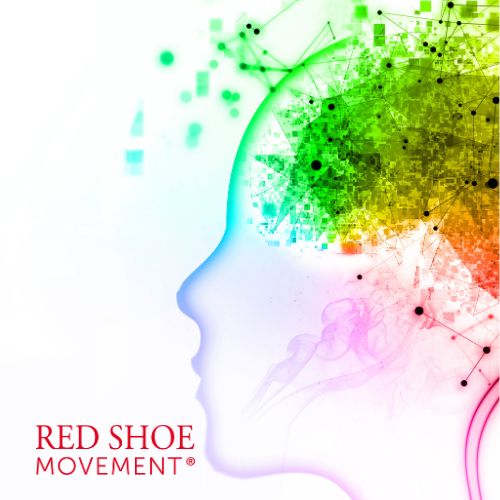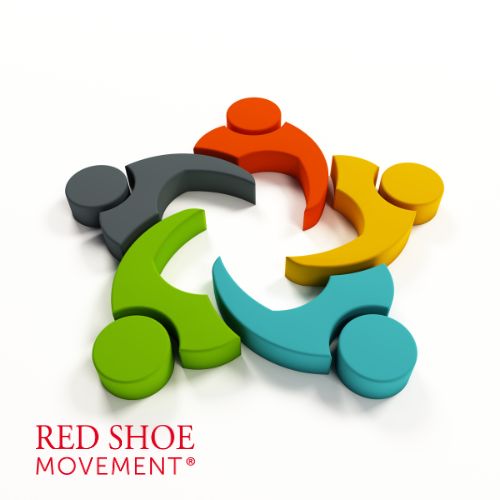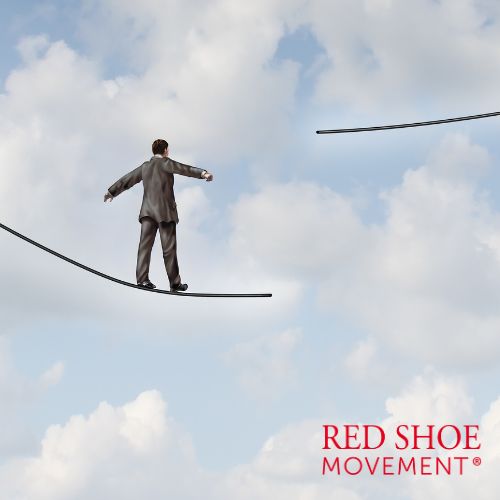It’s not hard to see why male-dominated fields are still hard for women to break into. It usually happens as the result discrimination, biases, microaggressions (women experience them at a significantly higher rate than men) and sexist work cultures that buy into one or many of the myths involving women at the workplace.
According to the McKinsey & LeanIn.Org Women in the Workplace 2023 report, women’s representation in the C-suite is at the highest it has ever been. However, lagging progress at other levels and the constant underrepresentation of women of color still leave true workplace equality perpetually out of our reach.

What Are Male-Dominated Fields?
Male-dominated fields are those where most roles are held by men rather than women. These fields include high-paying careers that have traditionally been seen as male-oriented and well-paid jobs that don’t require a college degree. According to a study made in 2019, out of 107 of the U.S.’s largest public financial institutions, only nine were led by women CEOs. The U.S. Census Bureau found that only 19% of software developers in the country are women. Meanwhile, women construction laborers and trained electricians represent a sad 9.9% and 1.8% respectively. Since numbers throughout the pipeline are still so low, it’s difficult to close the considerable gender gap that exists in these industries.
Transport and logistics, aircraft piloting, entertainment, agriculture, energy and water supply, information technology, architecture, and manufacturing are some other industries in the United States that employ a predominantly male work force.

Challenges Women Face Breaking into Male-Dominated Fields
Women working in these fields face considerable challenges to be considered, respected, taken seriously, and even finding support from managers to help them grow and climb up the professional ladder within a company. This makes it hard for many women to even want to stay in work environments where they often don’t feel safe or appreciated or where they are not allowed to excel. In fact, women working in male-dominated fields are more likely to experience sexual harassment. Some of these challenges include:
- Gender bias and stereotyping: These male-dominated fields sometimes reinforce harmful stereotypes and societal beliefs that put a woman’s ability to shine in certain positions and activities (like leading, managing, or working with tools and heavy machinery) in question.
- Hostile work environment: Like we already mentioned, sexual harassment is more likely to happen within male-dominated fields than it is in other industries. The same harmful stereotypes can influence what some workers think about who does or doesn’t belong in certain occupations.
- Overworking: Because they think they need to prove themselves to those who don’t feel they belong there, women overwork into early burn out.
- Pay gap: In the US, white males disproportionately hold the jobs with great pay, while most of the jobs that pay less are disproportionately held by women, especially women of color. However, the pay gap doesn’t always happen in male-dominated fields. According to Sarah Javaid of the National Women’s Law Center, women make less than men in 94% of occupations.
- No mentoring and lack of opportunities: Male-dominated fields can make it harder for women to find the kind of mentoring that can help them to grow within a company. This often means that there are less career opportunities and it’s easy to get stuck.
- Microaggressions: Microaggressions are a form of discrimination that is rooted in bias and demean or dismisses people based on gender, race, identity. These are a sign of disrespect and negatively impact our mental health. Research shows that women experience these microaggressions at a significantly higher rate than men.
- Mental Health Issues and Imposter Syndrome: Male-dominated fields can make women experience imposter syndrome and feel like they don’t belong there at all. This can lead to high levels of stress, anxiety, depression, low self-esteem, insecurity, resulting in self-sabotage.
- It’s important to consider that progress for women of color is behind at every step and that equity and equality can’t be achieved until a true diversity is represented in the work force. While women represent about one in four C-suite leaders, just one in 16 are women of color.

Women are Breaking into Male-Dominated Fields
While it is still difficult for women to break into many of the industries that predominantly hire male candidates, there are those who are setting an example and hoping to inspire more female candidates to try non-traditional occupations and finally tip the scales. Research published by Catalyst.org in 2023 shows that women have experienced recent gains in employment in male-dominated fields like construction (7%), transportation and warehousing (15%) in the US. Gratefully, there are forward thinking companies such as Granite Construction, that are making their mission to bring more women into construction and organizations such as Vamos a Zoomar, focused on preparing more women for building occupations.
























































































































































